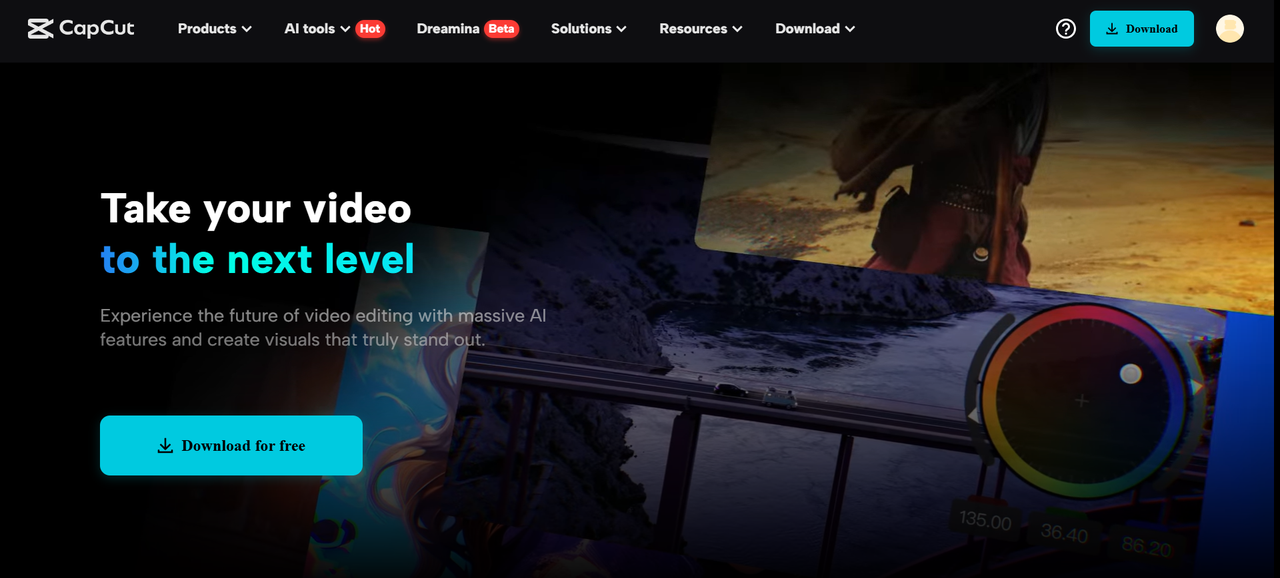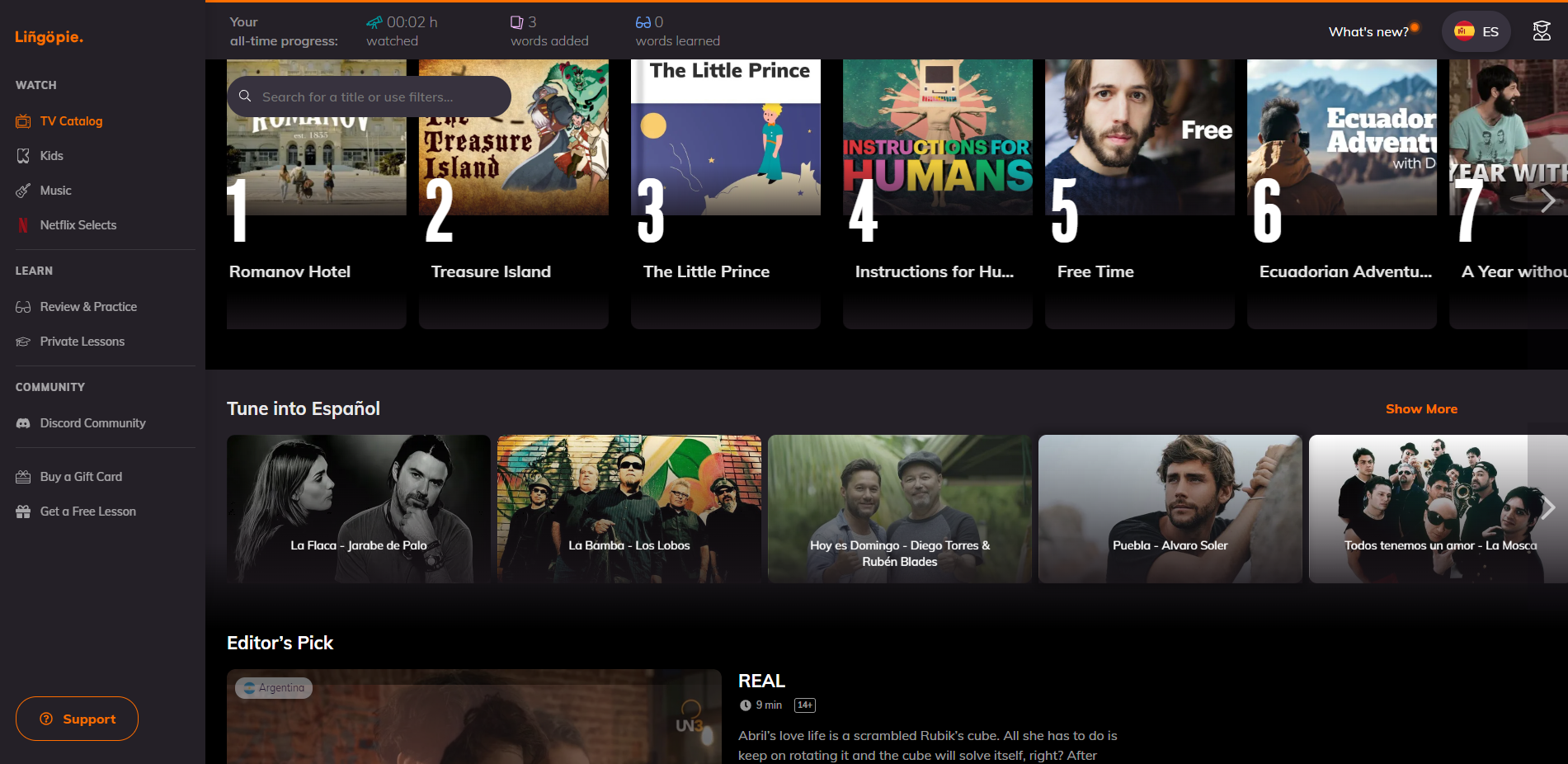Rosetta Stone Review
written by: Krystof-Sandor Harfst
Table of Content
Rosetta Stone is a language learning program that has garnered much attention and acclaim over the years. With its immersive approach and promise of fluency, it has become a popular choice for language learners worldwide. However, behind its reputation lies a series of truths that deserve to be uncovered and analyzed. In this article, we will delve into various aspects of Rosetta Stone to provide you with a comprehensive review. Let's begin with a closer look at the truth behind Rosetta Stone's reputation.
Unveiling the Truth Behind Rosetta Stone's Reputation
When it comes to language learning, Rosetta Stone's reputation precedes itself. Many view it as the gold standard for acquiring fluency in a new language. However, it is essential to understand the factors that contribute to its reputation. While Rosetta Stone offers an engaging and interactive learning experience, some users have found limitations within the program.
The main criticism revolves around the lack of explanation provided in Rosetta Stone. While the program adopts an immersive approach, it often falls short in clarifying grammar rules and providing context for new vocabulary. This can be frustrating for learners who prefer a more structured and comprehensive learning environment.
Despite these limitations, Rosetta Stone has numerous strengths that have contributed to its reputation. One of the key advantages of using Rosetta Stone is its emphasis on developing conversational skills. The program provides ample opportunities for learners to practice speaking and listening, helping them gain confidence in real-life language situations.
Moreover, Rosetta Stone's interactive nature sets it apart from traditional language learning methods. The program incorporates speech recognition technology, allowing learners to receive instant feedback on their pronunciation. This feature enables users to refine their speaking skills and improve their overall language fluency.
Another aspect that has contributed to Rosetta Stone's reputation is its wide range of language options. The program offers courses in over 24 languages, making it accessible to learners from diverse linguistic backgrounds. Whether you want to learn Spanish, Mandarin, or Arabic, Rosetta Stone provides a comprehensive learning experience tailored to your language goals.
Furthermore, Rosetta Stone's user-friendly interface and intuitive design make it suitable for learners of all ages. The program employs a visually appealing and interactive approach, making language learning engaging and enjoyable. This aspect has been particularly beneficial for younger learners, who are more inclined to learn through interactive and multimedia resources.
It is worth noting that while Rosetta Stone is widely recognized for its effectiveness, it should not be the sole resource for language learning. Supplementing the program with other resources, such as textbooks, language exchange programs, and immersive experiences, can enhance the learning process and provide a more well-rounded language education.
In conclusion, Rosetta Stone's reputation as a language learning tool stems from its interactive and immersive approach, as well as its emphasis on developing conversational skills. However, it is important to acknowledge the program's limitations, such as the lack of detailed explanations and contextual information. By understanding both the strengths and weaknesses of Rosetta Stone, learners can make informed decisions about incorporating it into their language learning journey.
Beware of the Financial Pitfalls of Rosetta Stone Online Subscription
Before making a commitment to Rosetta Stone, it is crucial to consider the financial aspect of the program. Rosetta Stone offers online subscriptions that come with a hefty price tag. While the program might provide value for some, it can be a significant financial burden for others. Before subscribing, carefully evaluate your language learning goals and weigh them against your budget.
Addressing the Common Complaint: Lack of Explanation in Rosetta Stone
One of the most common gripes with Rosetta Stone is the lack of detailed explanations. While the program emphasizes immersion, it can be challenging for learners to grasp complex grammar rules and nuances without proper context. This limitation might hinder progress and leave learners with unanswered questions.
To address this issue, Rosetta Stone could benefit from incorporating more explanatory notes or supplementary materials. By providing learners with the necessary explanations, the program can enhance the overall learning experience and bridge the gap between immersion and understanding.
The Challenge of Natural Speech Styles in Rosetta Stone
An aspect that sets Rosetta Stone apart from traditional language learning methods is its focus on natural speech styles. While this approach aims to replicate real-life conversations, it can present challenges for learners. Natural speech often involves informal expressions, idioms, and colloquialisms that can be confusing for beginners.
To overcome this challenge, Rosetta Stone could incorporate more explicit explanations and exercises that focus on teaching learners the intricacies of informal speech. By offering targeted lessons on informal language, learners can gain a better understanding of real-life conversations and enhance their overall language skills.
Cultural Relevance in Rosetta Stone: A Closer Look
Language and culture go hand in hand, and Rosetta Stone acknowledges this connection. The program incorporates cultural aspects within its lessons to provide learners with a comprehensive understanding of the language they are studying. From traditional customs to current events, Rosetta Stone aims to immerse learners in the cultural contexts surrounding the target language.
While this emphasis on cultural relevance is commendable, some users have noted that the portrayal of certain cultures within Rosetta Stone can be oversimplified or stereotypical. It is essential to approach these cultural aspects with an open mind and further supplement one's learning through additional resources and interactions with native speakers.
Mastering Speaking Skills with Rosetta Stone's Speech Recognition
Another key feature that sets Rosetta Stone apart is its speech recognition technology. Rosetta Stone utilizes its TruAccent system, which enables learners to practice speaking and receive instant feedback on their pronunciation. This tool aims to help learners achieve a more authentic accent and develop their speaking skills.
While TruAccent is generally praised for its accuracy and effectiveness, it is worth noting that individual accents and speech patterns might not always align perfectly with the system's expectations. Learners should approach the speech recognition tool as a resource for improvement rather than the ultimate judge of their language abilities.
The Grammar Gap in Rosetta Stone's Approach
While Rosetta Stone excels in providing an immersive language learning experience, some argue that it falls short in adequately addressing grammar. Learning a language requires a solid foundation in grammar rules and structures, and this aspect is not always emphasized in Rosetta Stone's methodology.
Supplementing Rosetta Stone with additional grammar resources can help bridge this gap. By combining the immersive experience provided by Rosetta Stone with targeted grammar lessons, learners can achieve a more comprehensive understanding of the language they are studying.
Insights from Rosetta Stone: Answers to Review Questions
The Research Behind Rosetta Stone's Immersion Method
Rosetta Stone's immersion method has gained widespread recognition. The program is based on research that suggests immersive language learning can accelerate language acquisition and help develop natural fluency. By surrounding learners with the target language, Rosetta Stone aims to replicate the way children learn their native language.
This approach harnesses the brain's natural ability to decipher patterns and form language connections organically. Through continuous exposure and practice, learners immerse themselves in the language, enabling them to acquire new vocabulary and improve their overall fluency.
Evolution of Rosetta Stone: Changes in the Online Subscription Edition
Over the years, Rosetta Stone has undergone several changes to adapt to the evolving needs of language learners. The online subscription edition now offers enhanced features such as live tutoring sessions and access to a wider range of language courses. These additions aim to provide users with a more comprehensive and versatile learning experience.
While the online subscription edition brings additional value, it is essential to consider whether these features align with your individual learning goals. Evaluate the specific benefits each feature offers and assess whether they fit your language learning needs.
Comparing TruAccent to Other Speech Recognition Technologies
Rosetta Stone's TruAccent speech recognition technology sets it apart from other language learning platforms. It aims to provide learners with accurate feedback on their pronunciation to help them develop a native-like accent. However, it is essential to compare TruAccent against other similar technologies to determine its effectiveness and efficiency.
While there are alternative speech recognition tools available, TruAccent's integration within Rosetta Stone's immersive environment makes it a valuable resource for learners seeking to improve their speaking abilities. Consider your individual language goals and weigh the benefits of various speech recognition technologies to make an informed decision.
Embracing Informal Speech Patterns in Rosetta Stone
Rosetta Stone seeks to equip learners with the skills necessary for real-life conversations. This includes embracing the informal speech patterns and nuances present in everyday language. By exposing learners to colloquial expressions and informal vocabulary, Rosetta Stone aims to bridge the gap between textbook knowledge and practical language usage.
While this approach is commendable, it is important to strike a balance between formal and informal language. Learners should supplement their Rosetta Stone experience with resources that focus on formal speech and professional contexts to ensure a well-rounded language proficiency.
Is Rosetta Stone Worth the Investment? A Comprehensive Review
Having explored various aspects of Rosetta Stone, we now come to the question of whether it is worth the investment. The answer depends on individual preferences, learning goals, and budget. Rosetta Stone offers an immersive language learning experience that can be effective for some learners.
However, it is essential to consider the potential limitations outlined in this review. Assess whether Rosetta Stone's methodology aligns with your learning style and if you are willing to supplement it with additional resources. Consider your budget and weigh it against the value you expect to derive from the program.
In conclusion, Rosetta Stone's reputation as a language learning program is well-deserved, but it is not without its shortcomings. By understanding the truth behind its reputation and evaluating your personal language learning goals, you can make an informed decision about whether Rosetta Stone is the right choice for you.
Share this article!






